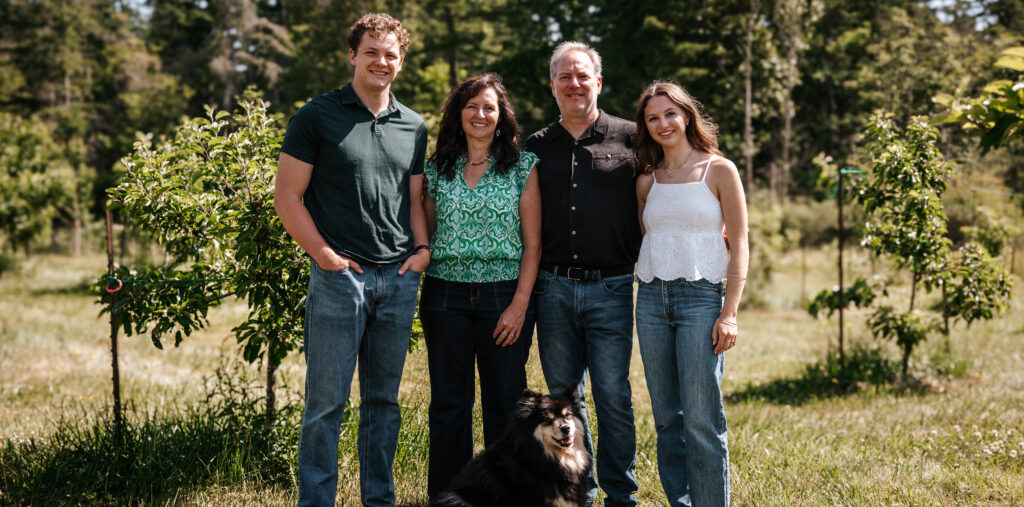– by Doreen Marion Gee –
Everything that happens in our lives – every thought, feeling and action – is controlled by three pounds of soft tissue in our skull. Good mental health is arguably the most important determinant of our quality of life. Fortunately, we live in an age of incredible advances in knowledge about mental health and illness and in treatments for disorders. Many services in our community give hope to mental health clients that they can live productive and normal lives. But we can also learn from the “overcomers” and the strengths they bring to the table. Resiliency and the power of the human spirit are valuable contenders. Ordinary people with mental health challenges slay dragons every day. Their tenacity, bravado and ability to turn fire into gold are also strong determinants of recovery and better mental health.
A unique education about the abstruse concept of “mind” can come from an intimate look into the life of someone whose mental health was skewered by trauma. Trysh Ashby-Rolls’ raw personal story is agonizing and painful, but ultimately triumphant. A Pender Island writer for Seaside, her candour in ignoring the do-not-trespass stigma is commendable. Trysh has “Post-Traumatic Stress”; she rejects the “Disorder” part. She illuminates the condition: “Basically, PTS is a normal response to extraordinary circumstances. Triggering events could be experiencing interpersonal violence, a natural tragedy, a man-made disaster or an accident.” The body’s physiological responses to the trauma upset the brain chemistry and may result in depression, anxiety, phobias, and other symptoms.
The power of the human spirit to endure against “Everest-like” odds defies reason. The trauma that Trysh experienced is an unnerving tale of childhood abuse. Trysh was haunted by nightmares and flashbacks, insomnia, anxiety and depression. Her determination in reclaiming her life and health is staggering: gathering a support group around her, learning to cope with the nightmares and getting therapy directly geared to her history. Out of the fires of her past, she claimed a victory with a golden sword – her book: Triumph: A Journey of Healing from Incest. Trysh acknowledges the positive benefits of getting proper professional treatment for PTSD: “I’ve had three fantastic counsellors” – one reminding Trysh of her own coping skills and strength. Like a phoenix rising from the embers, the gifted writer graduated with Distinction from the University of London, England, for her dissertation on “Fostering Self-Capacity in Survivors of Childhood Sexual Abuse: A Psycho-Educational Approach.”
These days, new treatments for previously intractable illnesses have revolutionized the field of mental health. A registered psychologist, Dr. Eric Ochs has a private practice in Victoria, works for Island Health and is an adjunct professor of psychology at the University of Victoria. He has over 10 years’ experience in providing expert mental health care to adults and specializes in Cognitive Behaviour Therapy, a treatment that focuses on changing thinking and beliefs that are at the root of emotional problems and negative behaviours. Dr. Ochs has hopeful news: “Many anxiety conditions are getting easier to treat, either with medications, or Cognitive Behaviour Therapy (CBT) techniques, or both. We can talk about curing panic disorders and some specific phobias, and we can successfully manage many other anxiety conditions. CBT, with its focus on both behavioural and cognitive intervention, has proven very effective at managing depression.”
The genial psychologist recommends his methods for anyone who wants to enjoy better mental health: “CBT techniques, such as questioning our own beliefs, are good tools that anyone with or without any specific mental health condition can apply to improve their own lives. Our emotions tend to follow from what we believe is happening. Practising curiosity and exploring alternate explanations for events opens us up to many options in life. Flexibility in thinking and responding to events are the hallmarks of good health and are great coping mechanisms with difficulties and challenges.”
The stigma about having mental health issues makes no logical sense – it can happen to anyone at any time. There is no “us and them”: “One in five adult Canadians will suffer a mental disorder in their lives,” according to the Canadian Mental Health Association. 2016 brings hope: “Most people with mental illness recover well and are able to lead fulfilling lives in the community – when they receive appropriate ongoing treatment and support.” Statistics from the World Health Organization prove that nobody is alone: “Globally, an estimated 350 million people of all ages suffer from depression. It is the leading cause of disability worldwide.” In addition, mental health problems don’t always involve trauma: genetics, physical illness and severe stress “triggers” are also causative factors.
Nothing can replace proper medical and counselling treatment for serious mental health conditions – these interventions are essential for recovery and can be lifesaving. But never underestimate the power of ordinary humans to pull themselves up out of the worst hells imaginable. They have valuable lessons to teach us about how to be mentally resilient in an imperfect world, how to draw on our inner well-springs to cope and recover from illness, and how to mould our own mental health into a strong foundation for good living.
Contacts: www.tryshashby-rolls.com, www.ochspsychology.com.
Mental Health Resources: www.viha.ca/mhas; www.victoria.cmha.bc.ca; www.bcssvictoria.ca; www.bc-counsellors.org; www.psychologists.bc.ca.




